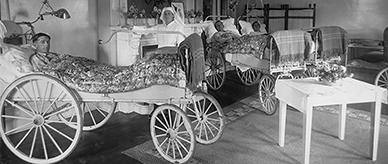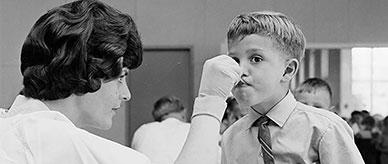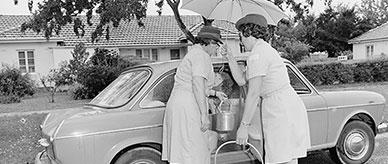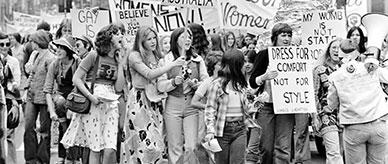


About this record
Widows like Barbara Leane were not automatically entitled to a pension when a veteran died after the war ended. Any such death had to be assessed by medical professionals and – based on this assessment – a decision had to be made by the Repatriation Department as to whether or not the death was due to war service.
Barbara’s husband, Albert Edmund Leane, was an Aboriginal First World War serviceman who suffered gunshot wounds to his right thigh and chest on the battlefields of France. Following the war, Albert and his wife Barbara received a war pension from the Repatriation Department due to his reduced earning capacity. When Albert died in 1967, medical professionals ruled that his death was not the result of war service but of coronary artery disease (coronary atherosclerosis). However, the post-mortem examination revealed a piece of shrapnel close to his heart. Barbara wrote to the Repatriation Department, making a formal request for Albert’s death to be accepted as due to war service. However, the original decision was maintained.
Related themes
Need help with your research?
Learn how to interpret primary sources, use our collection and more.




